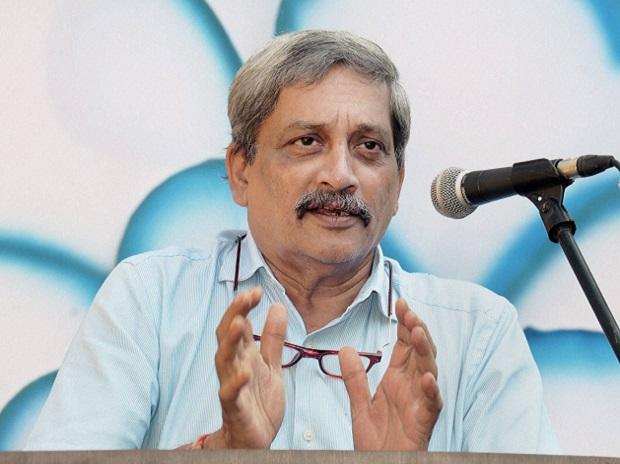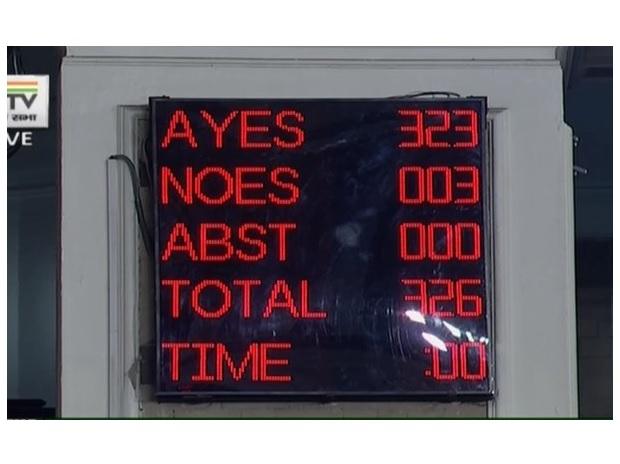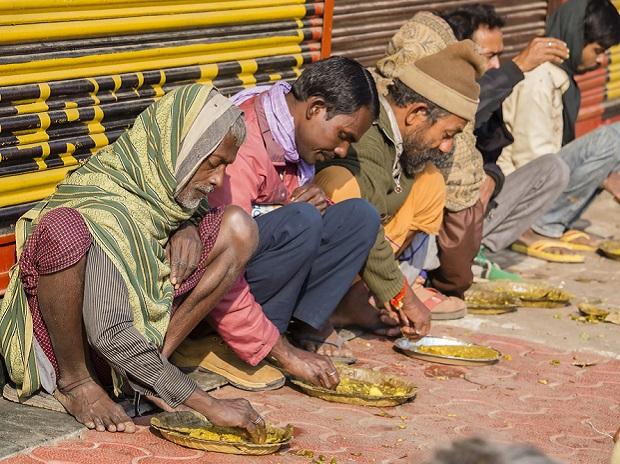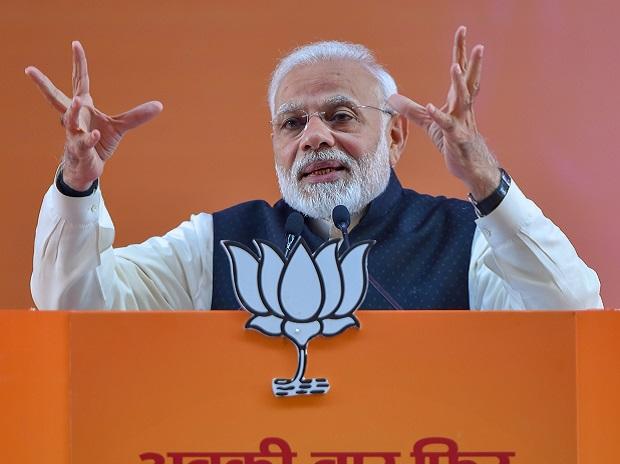
Current Affairs
Before you start the day, take a look at the major events in the country that are likely to make headlines today. From Manohar Parrikar's last rites to full IPL schedule, here are some of the most important news events scheduled for today that will be keenly watched.Muzaffarpur shelter home case: Delhi court to pass order on framing of charges today
A Delhi court is likely to pronounce on Monday its order on framing of charges in the Muzaffarpur shelter home sexual assault case in which 21 accused have been chargesheeted by the CBI.
Several girls were allegedly raped and sexually abused at an NGO-run shelter home in Muzaffarpur, Bihar, and the issue had come to light following a report by the Tata Institute of Social Sciences (TISS).
All the accused have denied the allegations levelled against them by the CBI and said there was not enough evidence to prosecute them.
Blackstone-Embassy to launch India's first REIT on Mar 18 to raise up to Rs 4,750 cr
Global investment company Blackstone and realty firm Embassy will hit the capital market with the country's first real estate investment trust (REIT) to raise up to Rs 4,750 crore, while it has received Rs 876-crore commitment from strategic investors.
Embassy Office Parks, joint venture of Blackstone and Embassy, has entered into unit subscription agreements with strategic investors to allot them 2,92,08,800 units for Rs 876.3 crore.The REIT issue will open on March 18 with a price band of Rs 299-300 per unit. The issue closes on March 20. Read on...







